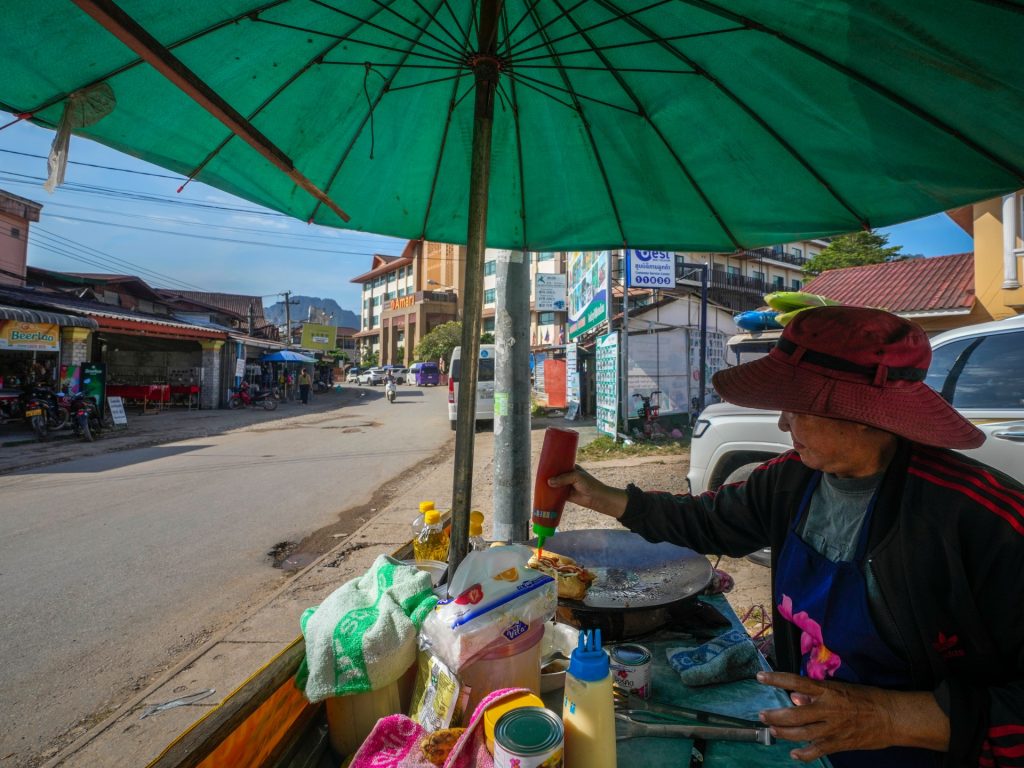The challenge of global undernutrition, affecting roughly two billion people, has sparked ongoing debate on effective strategies for dietary improvement. A recent study challenges the prevailing notion that promoting diverse crop production by individual farmers (food production diversity or FPD) is the primary solution. This research, a first of its kind, analyzed data from nearly 90,000 households across six African countries, revealing a more nuanced picture of the relationship between food production, market access, and dietary diversity. The findings suggest that while farm-level diversity plays a role, access to regional markets and robust infrastructure are crucial for improving nutrition among vulnerable populations. The study advocates for prioritizing investments in infrastructure, particularly roads connecting rural communities to urban markets, to enhance access to a wider variety of foods.
The study, conducted by the Center for Development Research (ZEF) at the University of Bonn, meticulously examined the diversity of crops and livestock maintained by farmers, alongside detailed household consumption data. Using the Household Dietary Diversity Score (HDDS) – a metric assessing the number of distinct food groups consumed within a week – researchers gauged the nutritional quality of household diets. The focus was predominantly on smallholder farmers, who operate on a limited scale. The investigation sought to determine the efficacy of promoting diverse crop and livestock production among these farmers as a means to combat undernutrition, and whether proximity to such farms translated to improved household diets. The results, however, were not straightforward, indicating a more complex interplay of factors than previously assumed.
While some correlation was observed between farm-level diversity and improved household diets, the effect was relatively minor. The study highlighted that pushing for excessive diversification on individual farms could be counterproductive, potentially limiting farmers’ ability to specialize and benefit from economies of scale and the division of labor. Instead, the research emphasized the crucial role of market access, particularly through well-developed infrastructure, in ensuring a wider variety of foods reaches households. Improved roads, for instance, facilitate the efficient transportation of produce from regions specializing in particular crops to areas where they are not readily available. This allows farmers not only to sell their surplus but also to purchase diverse food items they may not be able to produce themselves.
Previous studies exploring the link between food production and dietary diversity have faced limitations, often focusing solely on farm-level production or limiting their scope to single countries. This narrow perspective has overlooked the significant influence of regional production diversity and the crucial role of market integration in shaping household dietary patterns across diverse geographical contexts. The new study addresses these shortcomings by considering a broader regional perspective and encompassing data from multiple countries, providing a more comprehensive understanding of the complex interactions between agricultural production, market dynamics, and nutritional outcomes. The findings underscore that ensuring access to well-functioning markets is often more critical than simply maximizing diversity on individual farms, particularly in regions where small-scale agriculture already exhibits considerable diversity.
Beyond production diversity and market access, the research identified several other crucial factors influencing household dietary diversity. Weather shocks, such as droughts, floods, and hurricanes, were found to have a negative impact on HDDS, highlighting the vulnerability of food systems to climatic events. Conversely, the production of non-food cash crops, like coffee, tea, and tobacco, was positively associated with HDDS, likely due to the increased income these crops generate, enabling households to purchase a wider variety of food items. The study also underscored the need for further research into the complexities of nutritional resilience against various shocks, and the relative contributions of own production versus market access in ensuring food security.
The study’s findings have significant implications for policy interventions aimed at improving nutrition. Rather than solely focusing on promoting farm-level diversification, policymakers should prioritize investments in infrastructure, particularly roads and transportation networks, to enhance market access for both producers and consumers. This includes improving existing roads, building new connections to remote areas, and implementing measures to reduce transportation costs. Furthermore, promoting regional specialization in specific crops, coupled with efficient market distribution, can be a more effective strategy than pushing for widespread diversification on individual farms. This approach leverages regional comparative advantages, optimizing production efficiency and ensuring a wider range of food items are available through market channels. Finally, the study highlights the importance of addressing climate risks and supporting the production of cash crops as additional strategies for enhancing household dietary diversity and improving nutritional outcomes.










